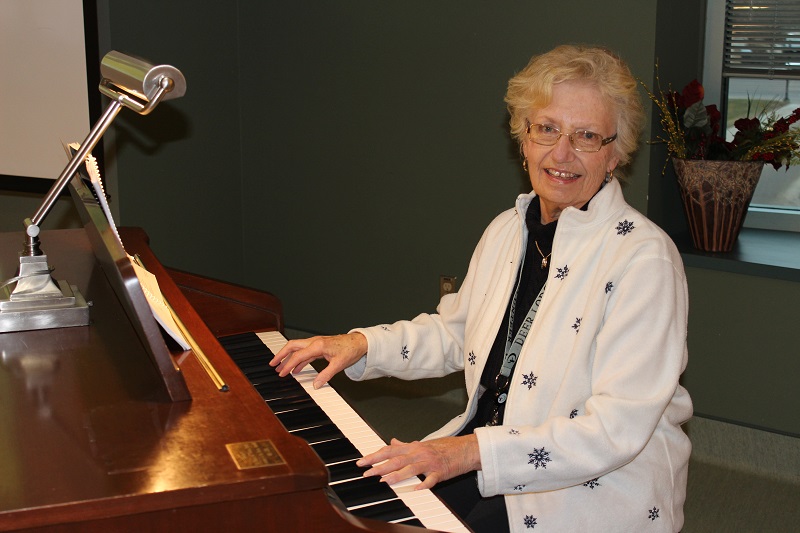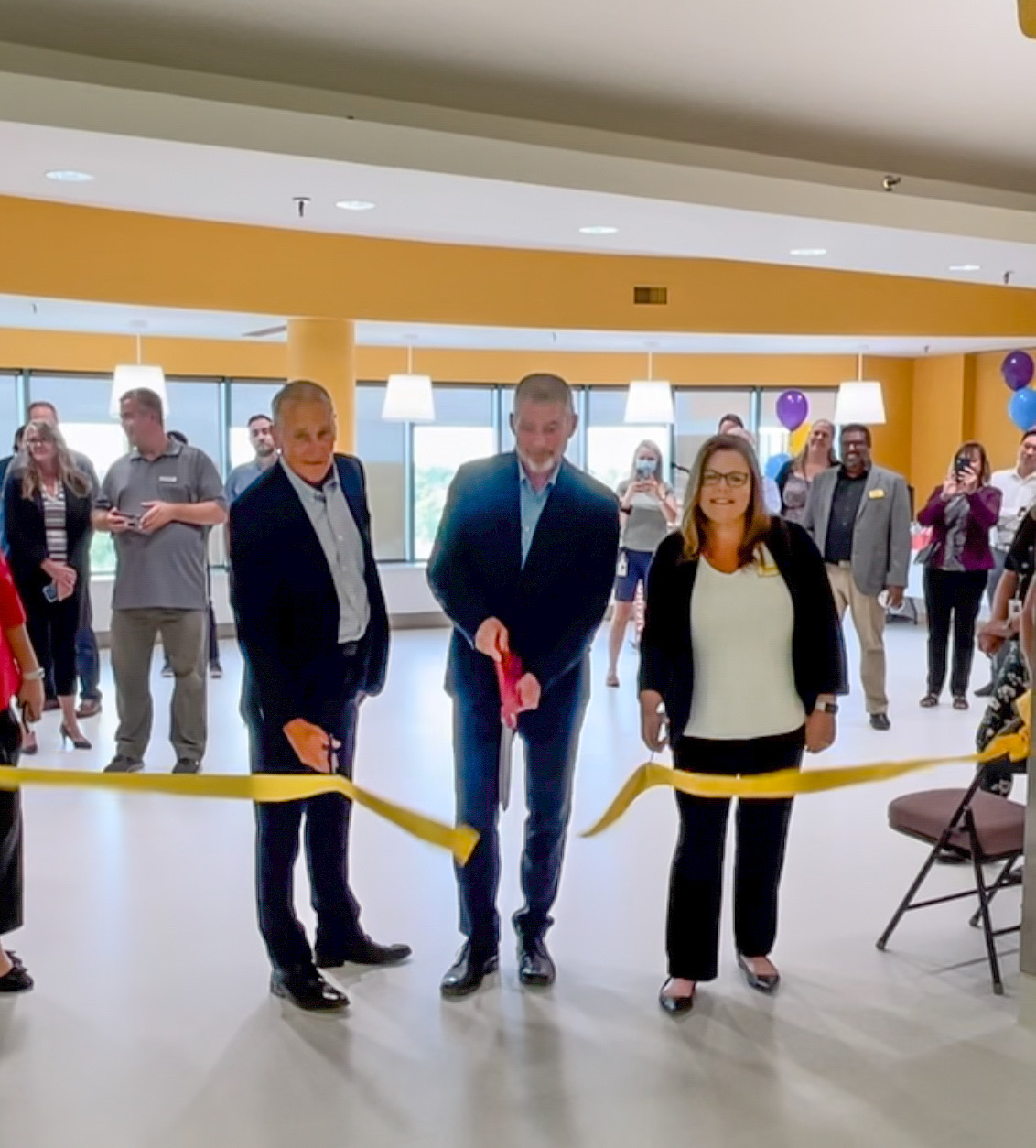
Health news from Deer Lodge Centre Life.Times
By Kathy Penner
The leading risk factors for Alzheimer’s disease—age, family history and heredity—can’t be changed.
Moderate alcohol intake and maintaining social connections may help boost longevity, but so far only regular physical activity has been linked to extending cognitive health—and even that is far from a guarantee. The search for drug therapies to prevent or alleviate Alzheimer’s has been disappointing, leading only to small benefits for some people.
The good news is that recent breakthroughs in brain science may soon lead to more information on how we can control our own aging process.
Considerable research on cognitive function is focused on studying the brains of ‘superagers’—the approximately one-third of people above 90 exhibiting no signs of cognitive decline.
Lead neuroscientist for the SuperAging study at Chicago’s Northwestern University, Emily Rogalski, reports that, other than tending to be highly social, superagers have no common external traits among them.
However, several similarities are found in their brains. A superager’s cortex— the part of the brain critical for memory and other functions—seems to shrink much more slowly than others of that age. Researchers also found a prevalence of certain neurons that play a role in social processing and awareness.
A particularly striking finding is that the brains of some people who had few or no symptoms of dementia while living, showed extensive Alzheimer’s pathology upon autopsy. Conversely, some people with very few of the ‘plaques and tangles’ associated with Alzheimer’s exhibited strong symptoms of the disease while alive.
Researchers believe that certain combinations of genes and lifestyle may counteract the effects of aging in the brain, but more needs to be done to understand all the mechanisms involved. Luckily, science is getting closer to revealing not just how we can live longer, but how we can live long and well.
Recent News

Winnipeg Jets Parkinson’s Disease Awareness Game!

Volunteer Profile: Carole Grier

